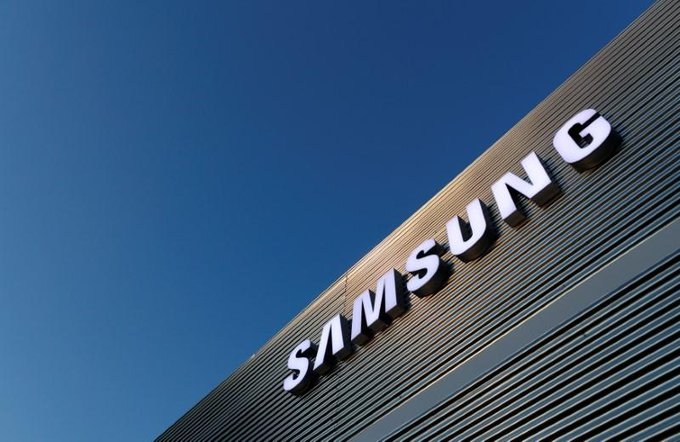The pay raise is lower than the 9 per cent wage hike of the previous year, which was the highest in a decade, and lower than the initial demand from the workers…reports Asian Lite News
Samsung Electronics’s management and its workers have agreed to an average 4.1 per cent pay raise for the year, while effectively freezing raises for its board members due to poor performance amid a worsening chip glut and a global slowdown.
The pay raise is lower than the 9 per cent wage hike of the previous year, which was the highest in a decade, and lower than the initial demand from the workers.
The world’s largest memory chip and smartphone maker reached an agreement with representatives of its employees over wages and other labour policies, including extending shortened working hours for pregnant employees.
The announcement was said to be made internally earlier in the day, according to the sources, reports Yonhap News Agency.
Both parties hammered out the compromise, taking into consideration the external headwinds that caused the quarterly profit to plunge nearly 96 per cent in the first quarter.
The management decided to apply last year’s pay policy for board members, effectively putting off its initial plan to raise the pay ceiling for board members by 17 per cent.
Separately, Samsung’s unionised workers, which accounted for around 4 per cent of the total 110,000 workers, have engaged in wage negotiations with the management since late last year.
The two parties have so far held 10 rounds of negotiations but could not iron out differences.
Last week, Samsung said it has cut memory production in the short term, as its quarterly profit plunged significantly (likely 96 per cent) amid the chip downturn, in a sharp departure from its previous position that it would not artificially reduce output.
The world’s largest memory chip and smartphone maker earlier in the day estimated its January-March operating profit at 600 billion won ($454.9 million), sharply down from 14.12 trillion won a year ago.

Samsung blamed sluggish demand for tech devices, coupled with customers’ inventory adjustment, for the poor performance, reports Yonhap news agency.
“We are adjusting memory output to a meaningful level for products that we have secured enough inventory to deal with future demand,” the company said in a regulatory filing, in an apparent effort to deal with falling prices and a supply glut.
It did not elaborate on what a meaningful level means.
“While we have adjusted our short-term production plan, we will continue to invest in infrastructure to secure clean rooms and expand R&D expenditures to strengthen our technology leadership as we forecast solid demand in the medium and long term,” it said.

Samsung’s first-quarter sales likely fell 19 per cent to 63 trillion won from 77.78 trillion won from a year earlier. The data for net profit was not available.
The operating profit was 16.7 per cent lower than the average estimate.
The tech giant did not provide the results of each business division and will release its final earnings report later.
Samsung’s Device Solution (DS) division, which oversees its chip business, is forecast to run a deficit of around 4 trillion won, in its first financial loss in 14 years, according to analysts’ estimates, as a surplus chip inventory has been growing significantly amid tapering global demand.
The last time Samsung saw its backbone unit trade at a deficit was the first quarter of 2009, when the world was emerging from the 2008 financial crisis.
The world’s largest memory chip maker forecast the global chip market will shrink 6 per cent on-year to $563 billion this year, due to a sharp drop in demand, and warned of difficult conditions continuing throughout the year.

Leave a Reply